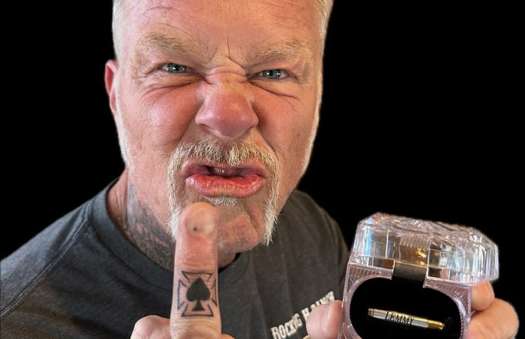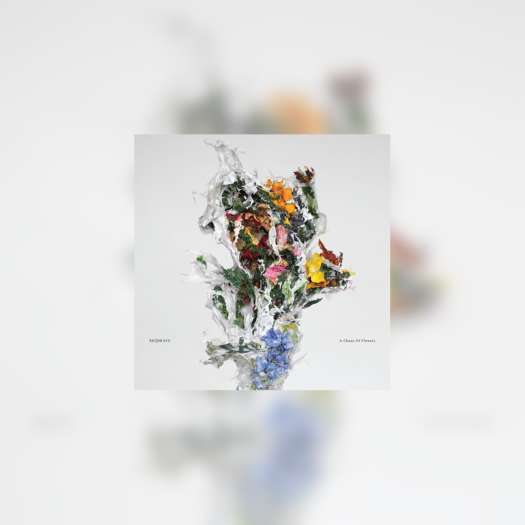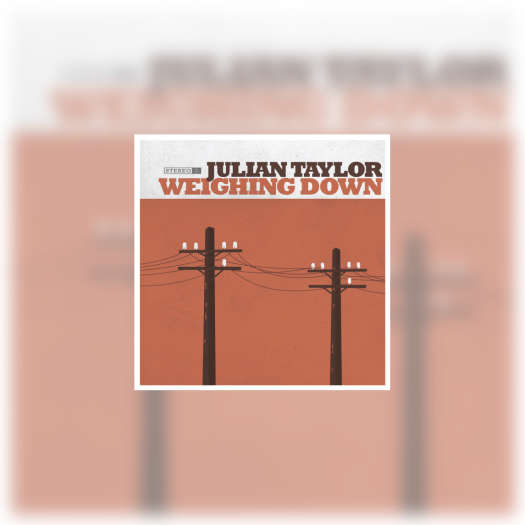During the lengthy gaps between releases, Fiona Apple has increasingly become an artistic force of nature that creates her work in a temporal vacuum. Unlike the vast majority of musicians who have tasted the same degree of commercial and critical success, Ms. Apple isn't seeking another hit or batch of glowing reviews to fatten her stature or bank account; she bleeds music for catharsis. Taking seven years between albums isn't the mark of a careerist; you can hear the prodigiously talented songwriter funnelling her neurosis into a necessary emotional release on every moment of The Idler Wheel… Her voice quavers like an exposed nerve as she twists clever, uncomfortably honest and morbid poetry into sublime melodies. On past releases, Apple's rhythmically accomplished, sophisticated, jazz-inflected pop compositions have been dressed by the likes of film composer extraordinaire Jon Brion and Eminem collaborator Mike Elizondo, providing cinematic string and horn-drenched arrangements, thick and slick beats, and big, clean production values. The Idler Wheel… is a decidedly more intimate and raw affair, with Apple opting to co-produce, with touring drummer Charlie Drayton. This approach has yielded a unique sound perfectly suited to the fearless idiosyncrasies of what is Apple's most ingenious collection of songs to date. You'd be hard-pressed to identify a sound on the album that doesn't come from an acoustic source. All of the instrumentation has a percussive, distant quality ― the visceral pounding of piano keys can literally be felt, especially in the uncompromising dissonance of menacing highlight "Jonathan." You can hear the resonant discordance of Apple's chief instrument lending to the sense of intimacy; it feels like you're eavesdropping on a painful, but beautiful self-therapy session. Apple almost entirely eschews even traditional drum sounds, electing to build loops out of thigh slaps and foot stomps while employing a wide array of clattering percussion, highly syncopated skittering tom and snare blasts, and understated tympani on the otherwise a cappella closing track, "Hot Knife." Elsewhere, she uses field recordings to add instinctual texture to songs like the elegant and subtly dynamic "Werewolf," the exuberant din of wailing children loosed for recess acting as a battle cry to take ownership of her contributions to the disintegration of a relationship. These sentiments of acceptance and responsibility signify a sense of self-awareness and maturity few artists have the guts to admit. It takes a certain kind of fearless wisdom to recognize that "there's nothing wrong when a song ends in a minor key."
(Epic/Sony)Fiona Apple
The Idler Wheel…

BY Scott A. GrayPublished Jun 26, 2012



